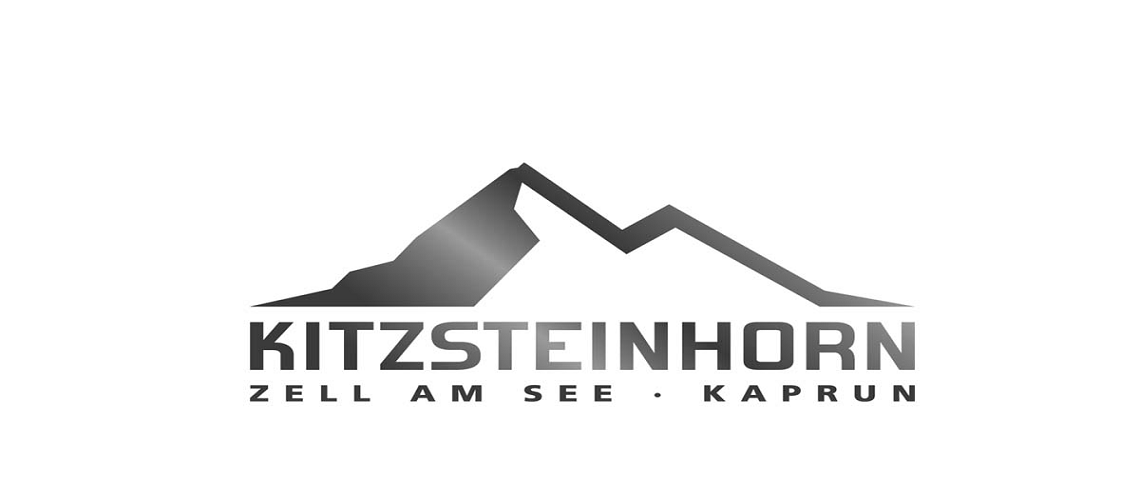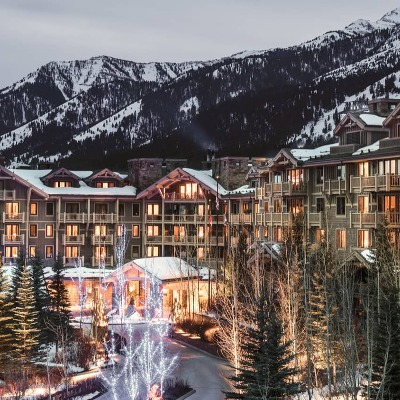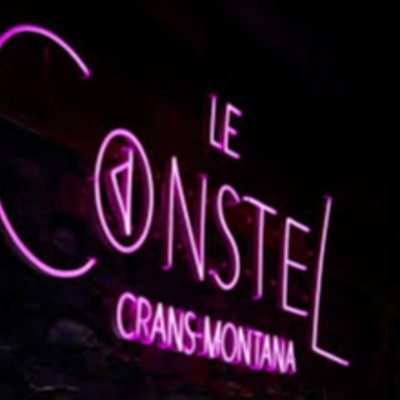Gletscherbahnen Kaprun AG Now Relies On HVO Fuel

In the winter of 2022/23, Gletscherbahnen Kaprun AG will operate its snow groomers on the nearby Maiskogel family mountain entirely with renewable HVO100 fuel. The fossil-free diesel substitute is made from natural waste products such as used cooking oils and fats from restaurants and the food industry and, according to the manufacturer, not only releases 90 percent less carbon dioxide, but also 33 percent less fine dust, nine percent less nitrogen oxide, 30 percent less hydrocarbons and 24 percent less less carbon monoxide. As part of its sustainability strategy, the leading tourism company wants to convert all of the company's large machines from diesel to HVO100 in the next few years - despite significant additional costs.
Conscious investment in sustainability
Norbert Karlsböck, CEO of Gletscherbahnen Kaprun AG, sees replacing mineral oil-based fuel with the more expensive fossil-free alternative as an important contribution to the climate balance: “Global warming has a direct impact on our operations. For many years we have observed the retreat of our glacier. It is all the more important to us to keep our own CO2 emissions as low as possible.” The company has been operating cable cars and systems for a long time with self-generated electricity from renewable energy sources and green electricity from the electricity supplier. In the field of slope preparation, however, from a technical point of view it has not been possible to date without fossil fuels. With a diesel-electric snow groomer, the company has taken the first steps towards sustainable slope preparation, but the goal has always been to do without fossil fuels as far as possible.
Karlsböck sees fossil-free fuel as a game changer in its industry: “Snow groomers make up the majority of the CO2 emissions in our operations. We are finally able to reduce our CO2 footprint here by up to 90 percent by using HVO fuel.” The company sees the higher price compared to fossil diesel as an investment in a more sustainable future: “Our unique natural environment future generations will only be able to enjoy if we plan, act and manage today in an ecologically and economically sustainable and responsible manner,” says Karlsböck.
.














